 |
| Wadada Leo Smith at Cafe Oto Drawing by Geoffrey Winston. © 2013. All Rights Reserved |
Wadada Leo Smith: Ten Freedom Summers
(Café Oto, 21/22/23 November 2013. Review of the three nights and drawing by Geoff Winston)
Three nights of Wadada Leo Smith’s ‘Ten Freedom Summers‘ was an extraordinary experience – for both the audience and the musicians. Affirmative, enlightening, chastening and enriching.
A deeply personal response to the civil rights movement’s battles against cultural and institutional racism and segregation in the USA, Wadada’s live direction of this inherently complex, organically evolving large-scale work mirrored real-life scenarios, where nothing is cast in stone, where obstacles and challenges are continually thrown in the path of participants, and where ways to overcome and face up to them have to be mobilised in the blink of an eye.
And that was how it was for the three two-hours plus uninterrupted sessions over three nights at Cafe Oto.
Wadada’s way of working, as drummer Anthony Brown described to me, is never to stick dogmatically to his score, but to use it as the basis on which he will impose his intuitive interpretation of the moment. It’s been like that for the 30 years that Brown has been playing with him, and Brown’s state of permanent high-alert to Wadada’s every nuanced gesture was a testimony to how well he and pianist, Anthony Davies, and bassist, John Lindberg, have been able to support Wadada in realising his grand vision.
Wadada would cajole, entreat and encourage his fellow musicians to express the shape of his feelings for the textures and the intensity demanded by each of the twenty-plus pieces he has now composed for ‘Ten Freedom Summers‘, at the very moment of performance. ‘C’mon, c’mon, c’mon,’ he’d quietly but insistently instruct when he needed more percussion or piano power. ‘I want a nice cadenza, now!’ and Davies instantly knew exactly the reeling, almost anarchic glissando run that the piece required at that very moment.
It was total flying-by-the–seat-of-your-pants stuff, but keyed in to an inordinately demanding script, which is what made the events over the three nights absolutely unique.
And it was a similar story from Mandira de Saram and Richard Jones of the Ligeti Quartet, who said how privileged they felt to be given the chance to become involved in one of the most extraordinary cross-over compositional works in contemporary music. The quartet, who are building a reputation for their adventurous work with artists from a range of musical and artistic genres, responded with relish and imagination to the challenges that Wadada set out for them in three intensive pre-performance rehearsal sessions.
The detailed scores are notated unconventionally – they are works of art in themselves – but with strong structures, they explained, so they were able to establish very clear strategies (or ‘routes’, as Wadada called them) on how to interpret them, which accounts for their astonishing co-ordinated ensemble playing that mixed vigorous improvised passages with Wadada’s modernist score.
Each night had its own flavour. Under the ever-watchful eye of Wadada, the Golden Quartet mobilised their massively accomplished jazz perspective alongside their young, classically-based counterparts, to start the creative sparks flying. The first night (reviewed HERE ) set the scene. On the second night they seemed to wind up half a gear as they found their footing as an eight-piece, with video artist Jesse Gilbert adding visual contexts and atmosphere.
Wadada’s input was initially moderated, thoughtful, as he drew out the best from his co-performers – but each note he chose to play was laden with intensity and emotion. By the third night he found the space for his own captivating, extended contributions, which just flew with the consummate craft of a musician at one with his instrument.
Wadada summed up perfectly what made the evenings so special, when working out, in an interlude between numbers, how many years he’s been putting together the ‘Ten Freedom Summers‘ suite: “All you have to do is feel as a musician; you don’t have to count!” The combination of the individual contributions – with solo spots of real beauty from the Golden Quartet – and the inspired ensemble work, against the undercurrent of the work’s ethical and political dimension made an unforgettable impact.
And, it should not go without mentioning, a great achievement for Café Oto, in hosting so successfully, the historic European premiere of this major work in its entirely. Wadada thanked John Chantler at the venue and guitarist John Coxon, who initially floated the idea.
The event was supported by Mid Atlantic Arts Foundation through USArtists International in partnership with the National Endowment for the Arts and the Andrew W. Mellon Foundation.
Golden Quartet:
Wadada Leo Smith / trumpet, flugelhorn
Anthony Davies / piano
Anthony Brown / drums
John Lindberg / bass
Ligeti String Quartet
Mandhira de Saram / violin 1
Patrick Dawkins / violin 2
Richard Jones / viola
Ben Davis / guest cellist
Jesse Gilbert / artist
Categories: miscellaneous


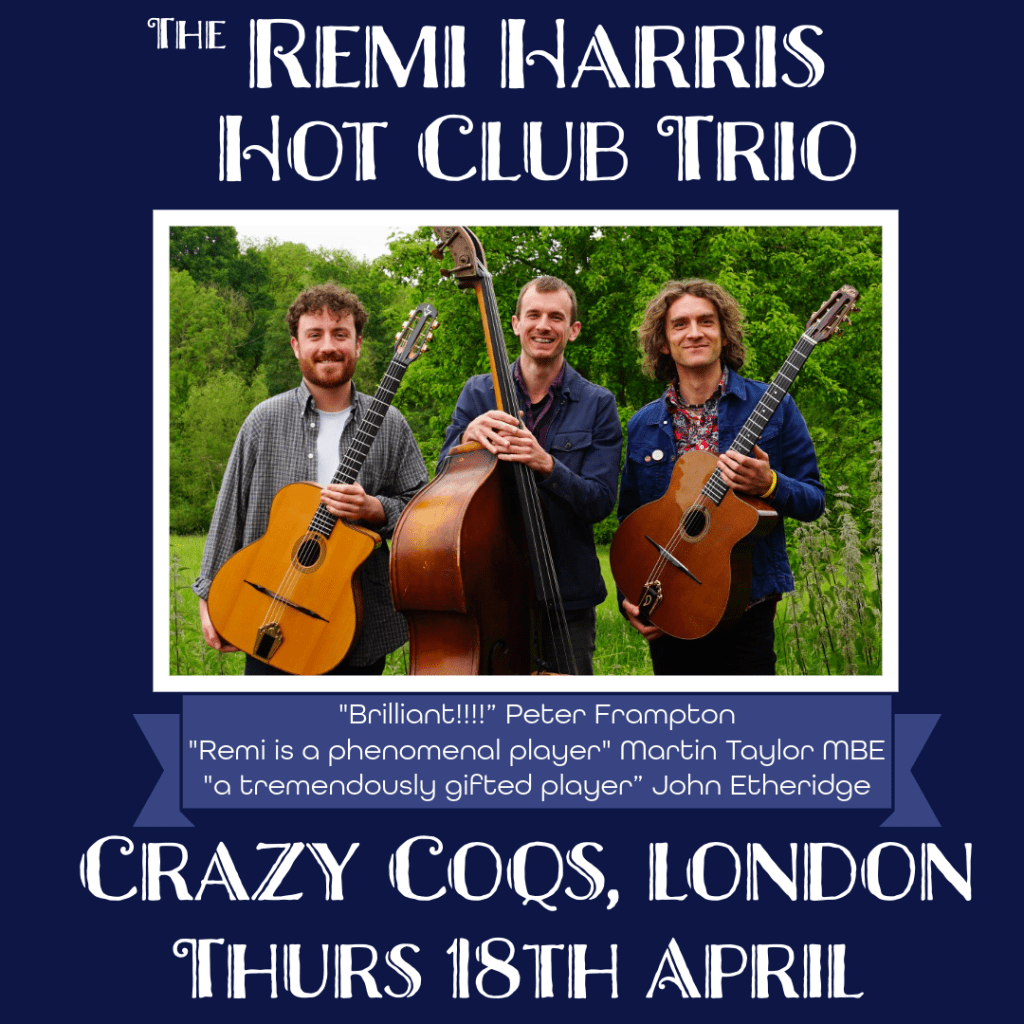


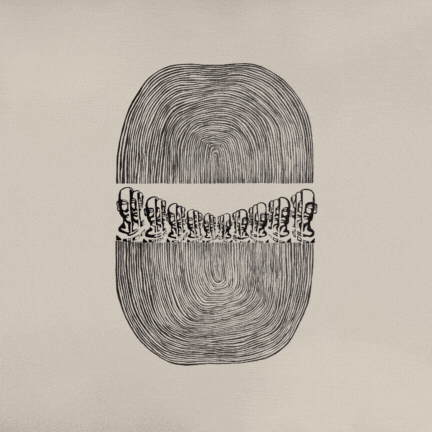



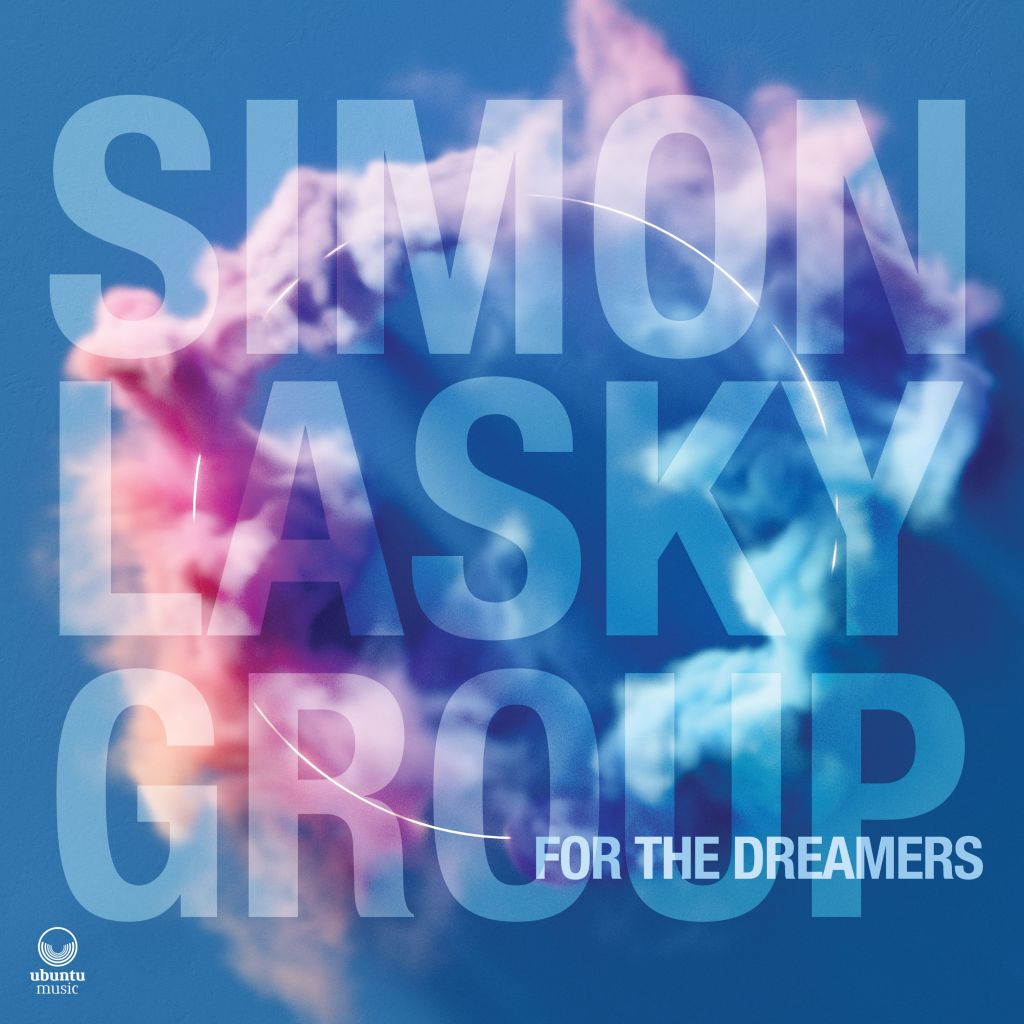
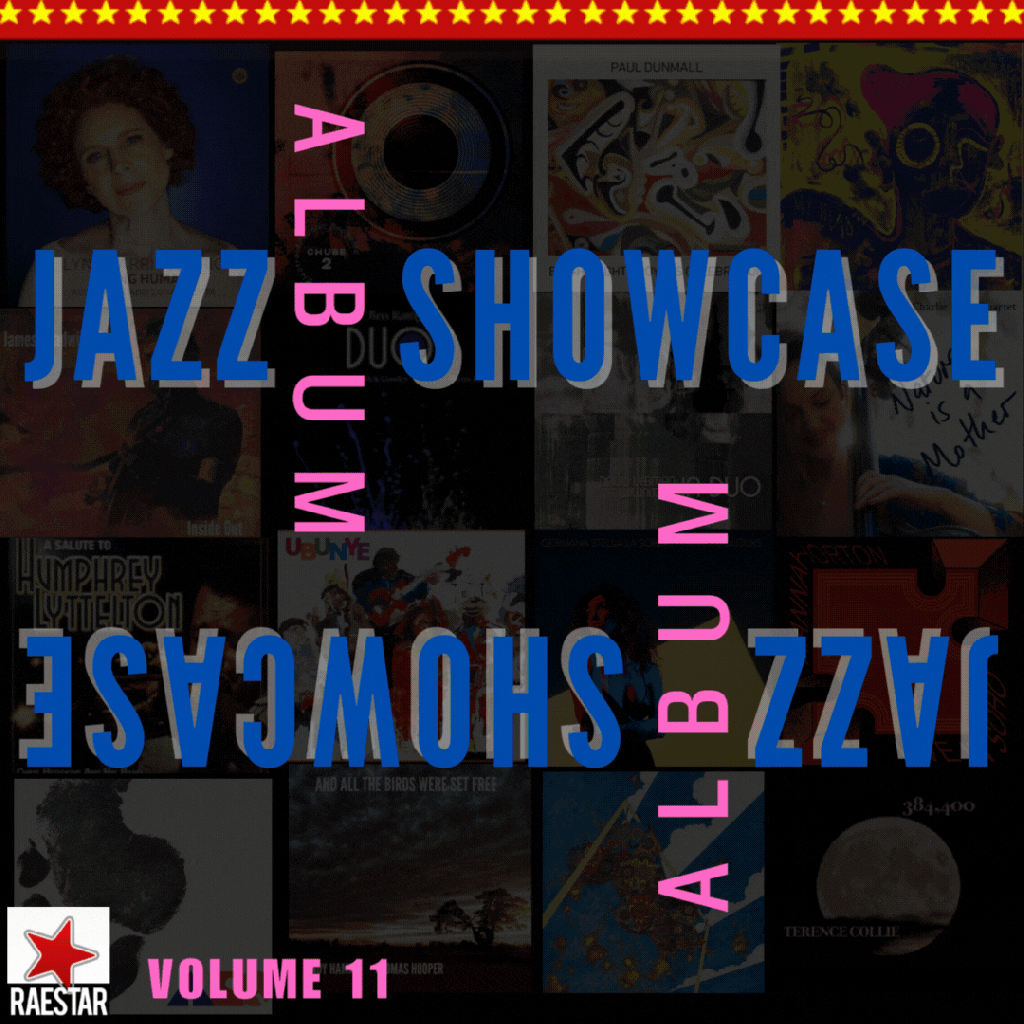

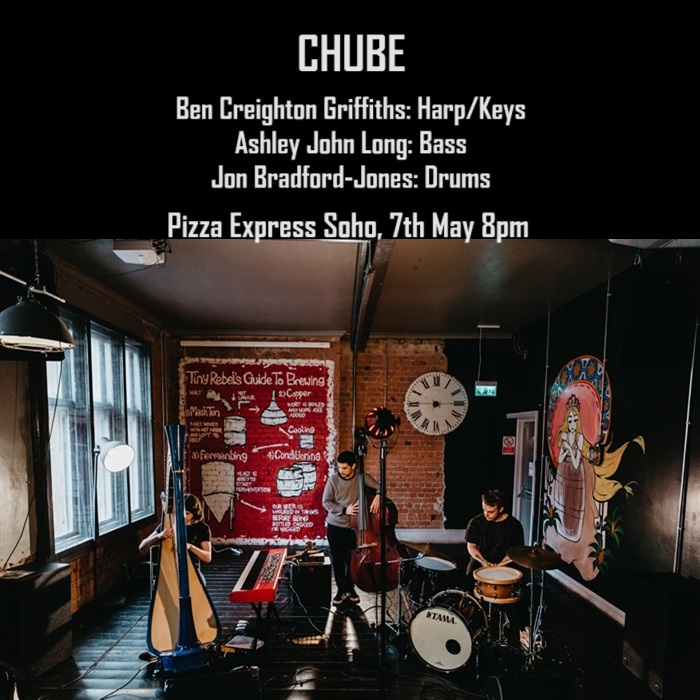
Great review of 3 groundbreaking nights at Cafe Oto…evening 2 was recorded by Jazz on 3 for broadcast in January. Something to look forward to…